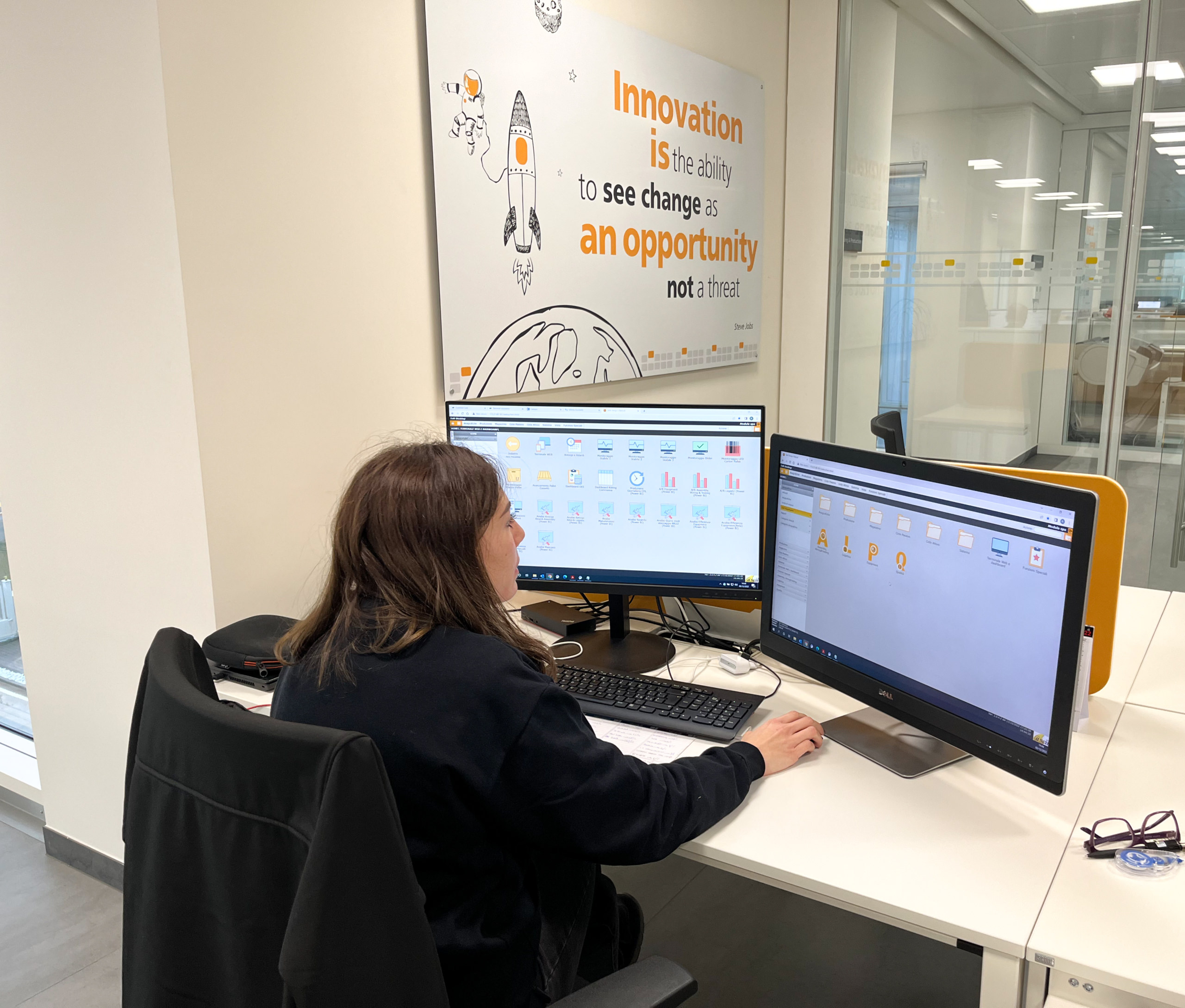.jpg)
As an Auditor, your role is to examine and evaluate financial records, statements, and internal control processes to ensure compliance with regulations, identify financial risks, and provide independent assurance on the accuracy and reliability of financial information. You may work in public accounting firms or within the internal audit department of an organization.
Your job description may vary depending on the industry and the specific organization you work for, but generally, it includes the following responsibilities:
-
Audit Planning: Develop an audit plan, including objectives, scope, and methodology, based on the organization's risk assessment. Identify key areas to be examined, determine the audit procedures to be performed, and establish timelines and resources required.
-
Financial Document Review: Review financial statements, supporting documentation, and accounting records to assess their accuracy, completeness, and adherence to accounting standards, regulations, and company policies. Verify the reliability and integrity of financial data.
-
Internal Control Evaluation: Assess the effectiveness of internal control systems, including the design and implementation of controls. Identify weaknesses or deficiencies in internal controls and provide recommendations for improvement.
-
Audit Procedures: Conduct audit procedures, such as testing transactions, sampling financial data, and verifying the existence and valuation of assets and liabilities. Use audit software and tools to perform analytical procedures and data analysis to identify potential errors, irregularities, or fraud.
-
Risk Assessment: Identify and evaluate financial and operational risks within the organization. Assess the impact of risks on financial statements and business operations. Develop strategies to mitigate identified risks.
-
Compliance and Regulatory Reporting: Ensure compliance with relevant laws, regulations, and reporting requirements. Prepare and submit regulatory reports, such as tax filings or government compliance reports, accurately and in a timely manner.
-
Audit Findings and Reporting: Document audit findings, including identified issues, recommendations, and supporting evidence. Prepare audit reports that summarize findings and communicate them to management, stakeholders, and audit committees. Present findings and recommendations in a clear and concise manner.
-
Stakeholder Communication: Interact with management, staff, and other stakeholders to gather information, clarify audit objectives, and communicate audit progress and results. Collaborate with management to address identified issues and implement recommended improvements.
-
Continuous Improvement: Stay updated with changes in auditing standards, regulations, and best practices. Seek opportunities to enhance audit methodologies, tools, and processes. Participate in professional development activities to enhance auditing skills and knowledge.
-
Ethics and Confidentiality: Adhere to professional ethics and maintain strict confidentiality of audit findings and client information. Uphold independence and objectivity in conducting audits.
As an Auditor, you are expected to possess strong analytical skills, attention to detail, and a deep understanding of accounting principles, auditing standards, and regulatory requirements. Excellent communication and interpersonal skills are essential for effectively interacting with clients, management, and audit teams. Additionally, the ability to work independently and manage multiple assignments and deadlines is critical in this role. Professional certifications such as Certified Public Accountant (CPA) or Certified Internal Auditor (CIA) may be required or preferred for certain positions.
Apply For This Job Click Here






.jpg)
.jpg)




.jpg)

